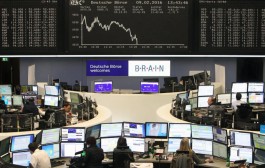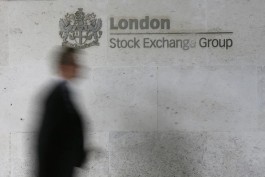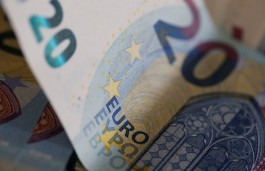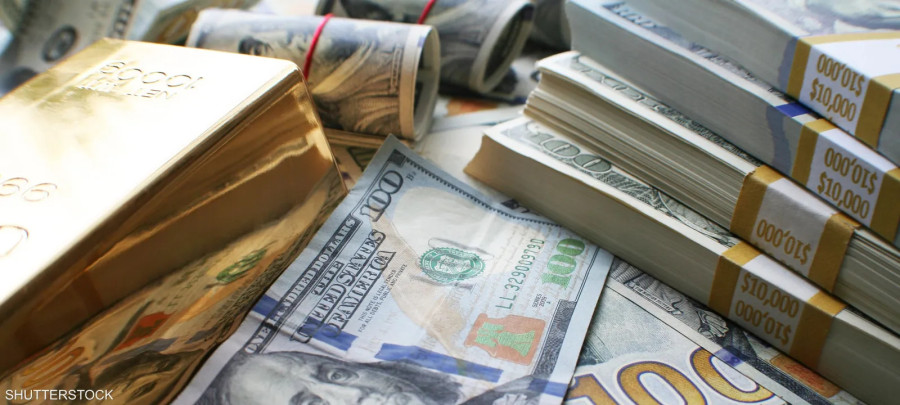The dollar fell slightly from its highest level in 12 weeks, Monday, as investors evaluated the path of US monetary policy after Federal Reserve Chairman Jerome Powell left the door open to the possibility of further interest rate hikes.
In a highly anticipated speech at the annual financial policy symposium in Jackson Hole, Powell promised to tread carefully in upcoming central bank meetings, citing progress in easing price pressures and risks related to the sudden strength of the US economy.
On Friday, Powell said, We will tread carefully when deciding whether to further tighten monetary policy or instead keep interest rates steady and wait for more data.
He noted that the Fed's job is to bring inflation down to our target of 2%, and we will do that.
The dollar index, which measures the performance of the US currency against six competing currencies, fell 0.106 percent to 104.05, but remained close to the highest level in 12 weeks at 104.44, which it touched on Friday. The index rose more than 2 percent in August, poised to end a two-month losing streak.
Markets expect the Fed to keep interest rates unchanged next month at 80 percent, CME Group's VideoWatch tool showed, but the probability of a 25 basis point hike in November is now seen at 48 percent, compared to 33 percent a week ago.
A series of strong US economic data helped ease fears of a recession, but with inflation still above the Fed's target, some investors are concerned that US central banks will keep interest rates at higher levels for longer.
The yen fell 0.03 percent to 146.46 per dollar, near its lowest level in more than nine months at 146.64 touched on Friday, while traders continue to monitor any signs of Japanese government intervention in the currency market.
The euro and the British pound rose from the two-month lows they touched on Friday. The euro rose 0.08 percent to $ 1.0809, while the pound sterling recorded in the latest transactions $ 1.26, up 0.18 percent during the day.
The Australian dollar rose 0.42% to $0.643, and the New Zealand dollar rose 0.20% to $0.592 following China's halving of stamp duty on stock trading, which helped increase risk appetite.







































